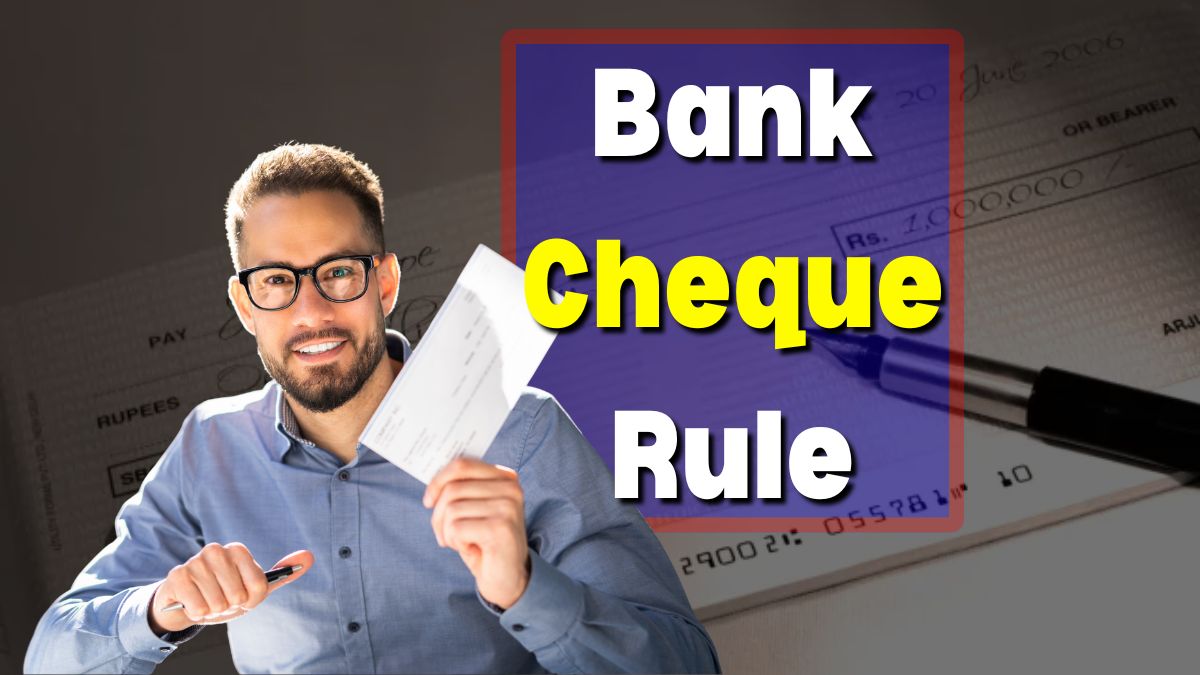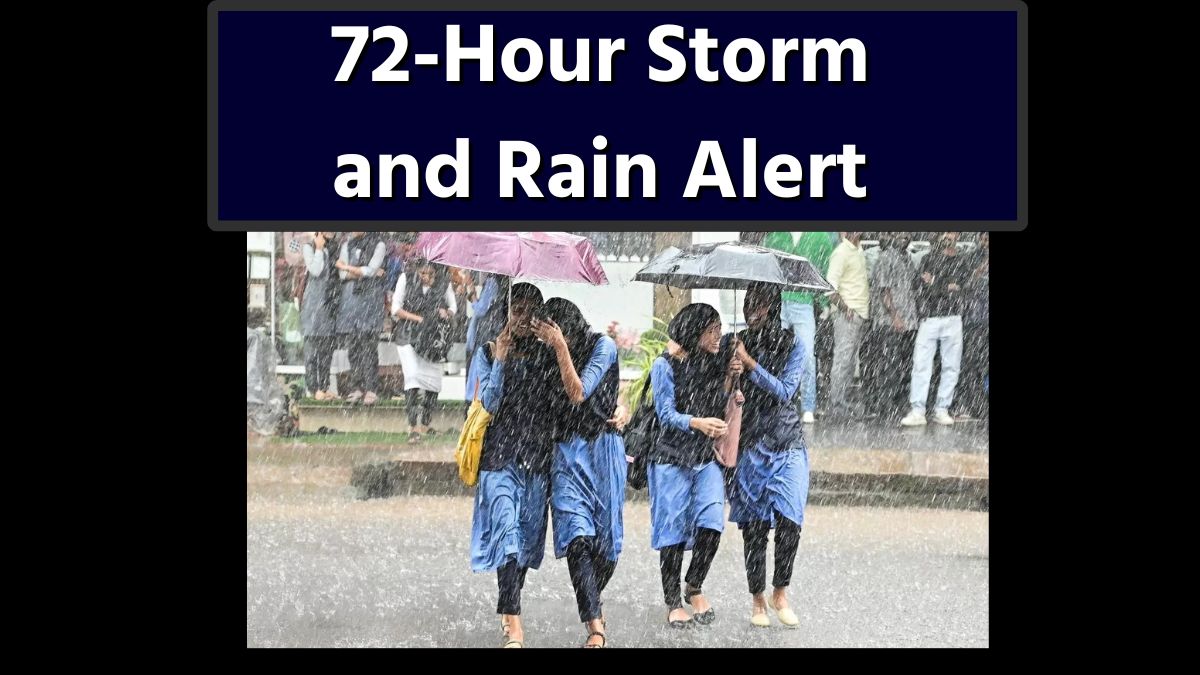Bank Cheque Rules 2025: Most bank account holders nowadays maintain a cheque book, yet most are unaware of how to fill out a cheque correctly. A small mistake can lead you to bear heavy losses or, very rarely, get yourself embroiled in legalities. In this era of rising fraud, handling cheques with utmost care is the key to protecting your hard-earned money from such bewitching frauds.
Well, whether it is going to be a payment or a cheque issued in the course of duty, here are five major rules you absolutely must follow to avert cheque fraud and keep your transaction safe.
1. Never Sign a Blank Cheque
One of the biggest mistakes common to people is at times signing a blank cheque. If you sign blank cheques, you may leave your bank account vulnerable. A signed blank cheque is equivalent to handing over your hard-earned money into the hands of fraudsters- they will fill in any amount in their favor and withdraw all your money.
Key Tip: Always ensure that you fill in the payee’s name, the amount in words and figures, and the date before signing. Leaving these areas blank only opens room for the cheque to be misused.
2. Handle Cancelled Cheques with Caution
Cancelled cheques are requested for KYC verification, loans, or investments. Apart from these purposes, there can also be misuses for which they are not handled properly.
The provisions for safety measures are:
- Write “CANCELLED” in bold letters across the cheque.
- Make sure the marking covers all important fields, like the account number, MICR code, etc.
- One can also tear off the MICR code band before handing it over for extra security.
This prevents the alteration of particulars by the crooks, as also the making of a requisition for the cheque.
3. Always Cross Your Cheque
Crossing a cheque provides an additional layer of security. Just drawing two parallel lines across the top left-hand corner and writing “Account Payee Only” ensures that the amount is deposited solely into the payee’s account and not paid over the counter.
Why is this important?
- To prevent unauthorized encashment.
- Reduce the risk of cheque theft and fraud.
4. Verify Your Account Balance Before Issuing a Cheque
Bounced cheques can result in penalties, lawsuits, and an unsavory reputation in regards to finances. Therefore, one needs to check their balance before issuing a cheque to make sure sufficient funds are available.
Effects of bounced cheques:
- Bank penalties (heavy fines).
- A legal notice served by a payee.
- Negative effect on your credit score.
5. Cheque Bounce Due to Insufficient Funds Is a Crime
Most people don’t realize that writing a cheque without having enough money is a criminal offense under the Negotiable Instruments Act.
What Happens if Your Cheque Bounces?
- The bank may block your cheque book facility.
- The payee can file a legal case against you.
- You could face fines or even imprisonment in severe cases.










